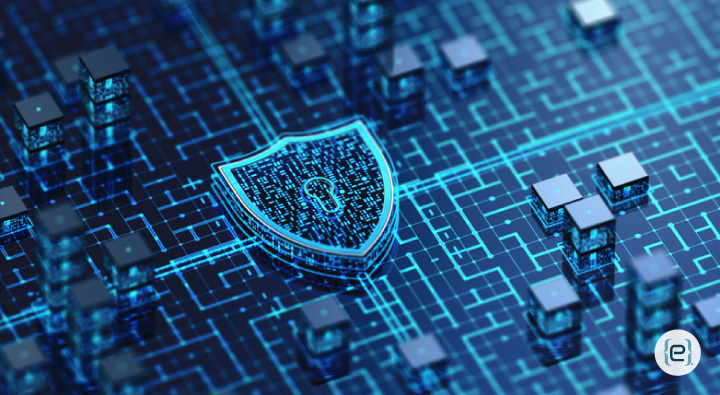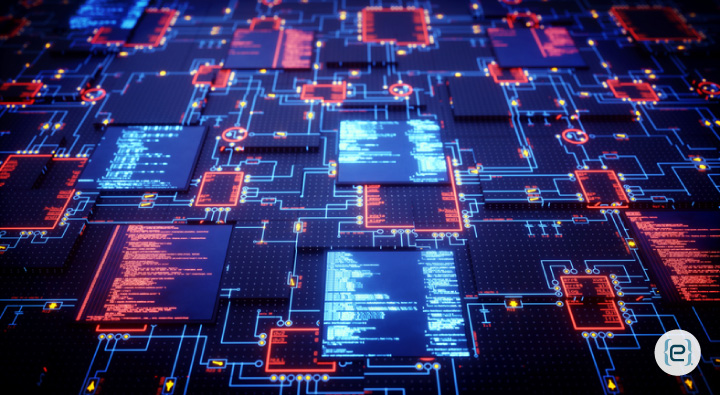The Shield or Sword: Antivirus Protection vs. Endpoint Detection and Response Solutions


Cyber Security is a major priority for individuals and companies in the current digital climate. The rise in cyber threats necessitates robust security measures, and while antivirus (AV) protection has been a standard in cybersecurity for decades, the rise of more sophisticated threats has led to the development of Endpoint Detection and Response (EDR) solutions. Understanding the distinctions between these two can help businesses better protect their digital assets.
Antivirus Protection: The Shield
Antivirus software is designed to detect, prevent, and remove malware, including viruses, worms, trojans, and other malicious software. Traditional AV solutions operate by using signature-based detection methods, where the software scans files and compares them against a database of known malware signatures.
Pros of Antivirus solutions:
- Simple: Easy to install and manage.
- Automated Updates: Regular updates keep the signature database current.
- Cost-Effective: Generally, at a lower price point than advanced solutions.
Cons of Antivirus:
- Limited Scope: Primarily focuses on known threats.
- Reactive Nature: Struggles with zero-day attacks and advanced persistent threats (APTs).
- Performance Impact: Can slow down system performance due to resource usage and fine tuning can be limited.


Endpoint Detection and Response: The Sword
EDR solutions provide more comprehensive security by continuously monitoring and responding to threats on such endpoints as computers, servers, and mobile devices. Unlike traditional AV, EDR focuses on detecting suspicious activities and responding in real-time. EDR systems use such advanced techniques as behavioral analysis, AI, machine learning, and threat intelligence to identify and mitigate threats.
Pros of EDR solutions:
- Real-Time Monitoring: Continuously monitors for suspicious activities.
- Behavioral Analysis: Detects anomalies and unknown threats.
- Incident Response: Provides tools for investigating and responding to security incidents.
- Forensics: Helps in understanding the attack source and preventing future incidents.
Cons of EDR:
- Complexity: Requires more sophisticated management and expertise.
- Cost: Generally, at a higher price point compared to traditional AV solutions.
- Resource Intensive: Can have a higher impact on system resources, but more performance tuning available.
A Solution
We champion WatchGuard Endpoint Detection and Response (WG EPDR) as our preferred EDR solution. We recognize it as a powerful tool for protecting endpoints from advanced threats and malicious actors. WG EPDR detects and responds to complex attacks that traditional AV solutions might miss, such as fileless malware, ransomware, or zero-day exploits. WG EPDR can also provide forensic insights and remediation capabilities that can help mitigate the impact of a breach and restore normal operations.
However, WG EPDR alone is not enough to ensure optimal endpoint security. Instead, WG EPDR needs to be paired with an RMM solution like our eCare Agent, which can provide proactive monitoring, management, and maintenance of endpoints.
The eCare Agent can help reduce the attack surface and vulnerabilities of endpoints by ensuring that they are properly configured, patched, updated, and backed up. eCare Agent can also help optimize the performance and availability of endpoints, by resolving issues before they escalate and cause downtime or data loss. By combining WG EPDR and eCare Agents, eMazzanti Technologies offers customers a comprehensive and robust endpoint security solution that can protect against threats, improve productivity, and reduce costs.
Recent Posts
Empower Your Tech
Discover how eMazzanti empowers clients with tech strategies, personalized training, and proactive support to navigate…
The Impact of GDPR and Other Privacy Regulations on Website Security
Explore how GDPR and other privacy regulations reshape website security, ensuring data protection and building…
The Impact of Website Downtime on Business and How to Prevent It
Discover the significant impacts of website downtime on your business and learn effective strategies to…
IT Consulting Services: Strategic IT Leadership for Business Growth
Discover how IT Consulting Services from eMazzanti Technologies provide the strategic leadership needed for smart…
Engage Your Workflows with Microsoft Viva
Discover how Microsoft Viva can transform your workplace into a hub of engagement, productivity, and…
Collaboration Made Simple with Microsoft SharePoint
Discover how Microsoft SharePoint optimizes document workflow, enhancing team collaboration and productivity.


